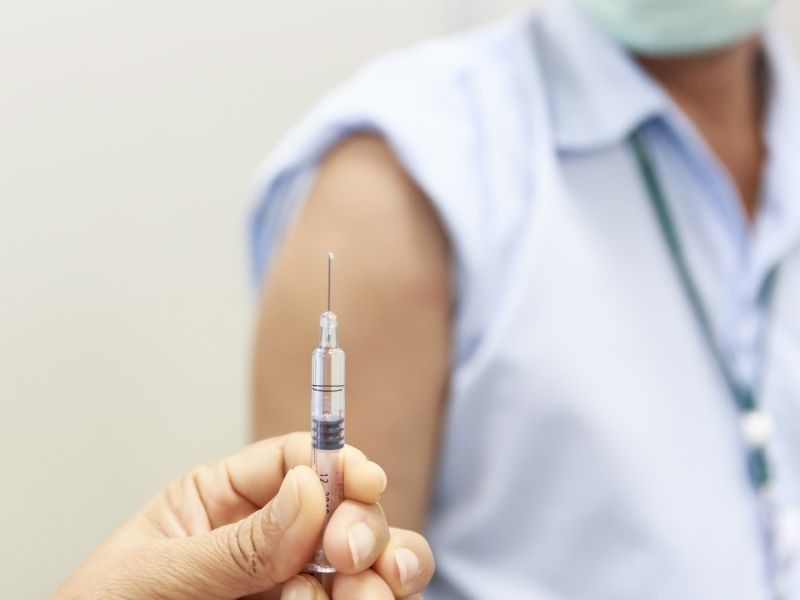
If you’ve ever had a “lucid dream” — one in which you’re aware you’re dreaming — new research just might jolt you awake. Not only is it possible during these vivid dreams to perceive questions, but to answer them, too — at least sometimes. That’s the tantalizing takeaway from four independent studies that used different… read on > read on >






























